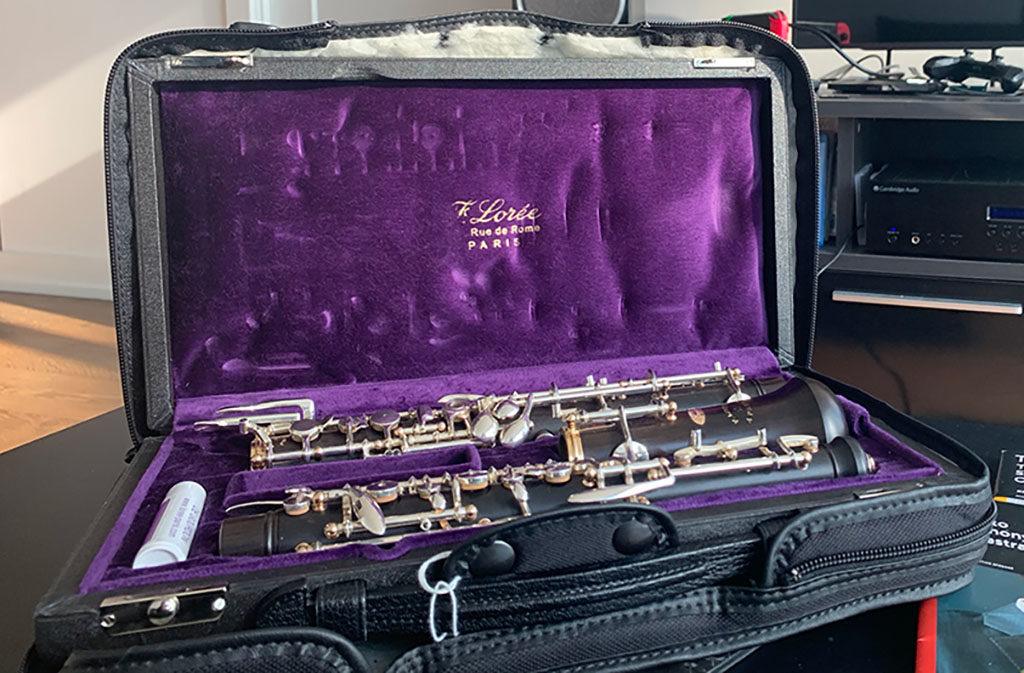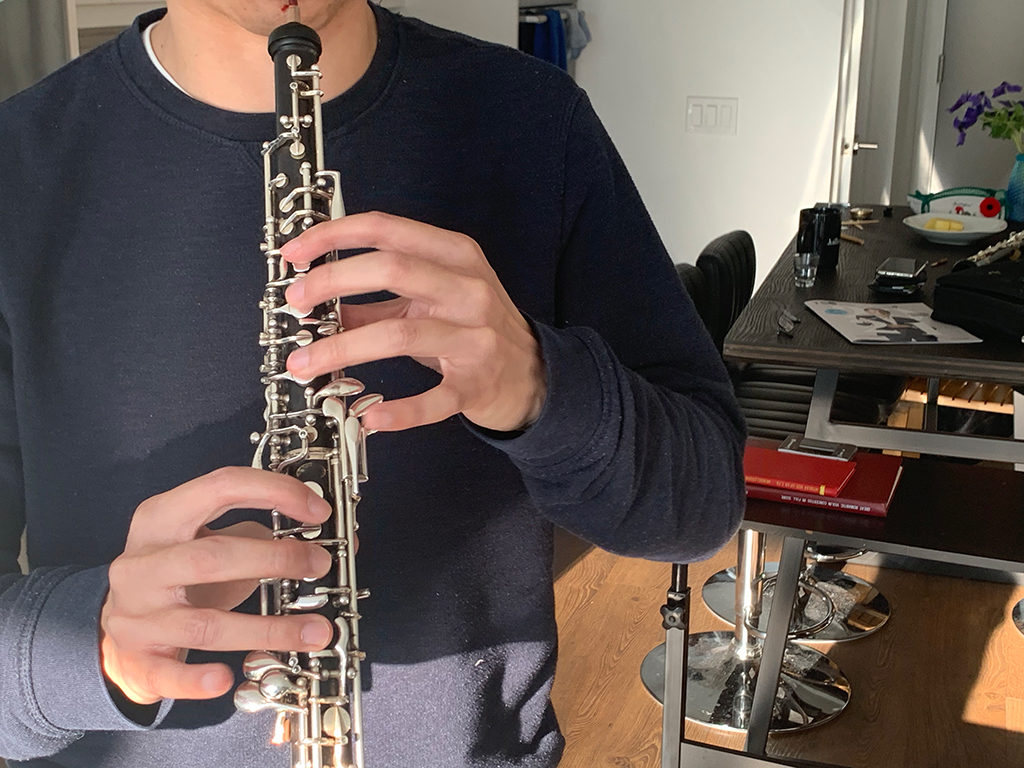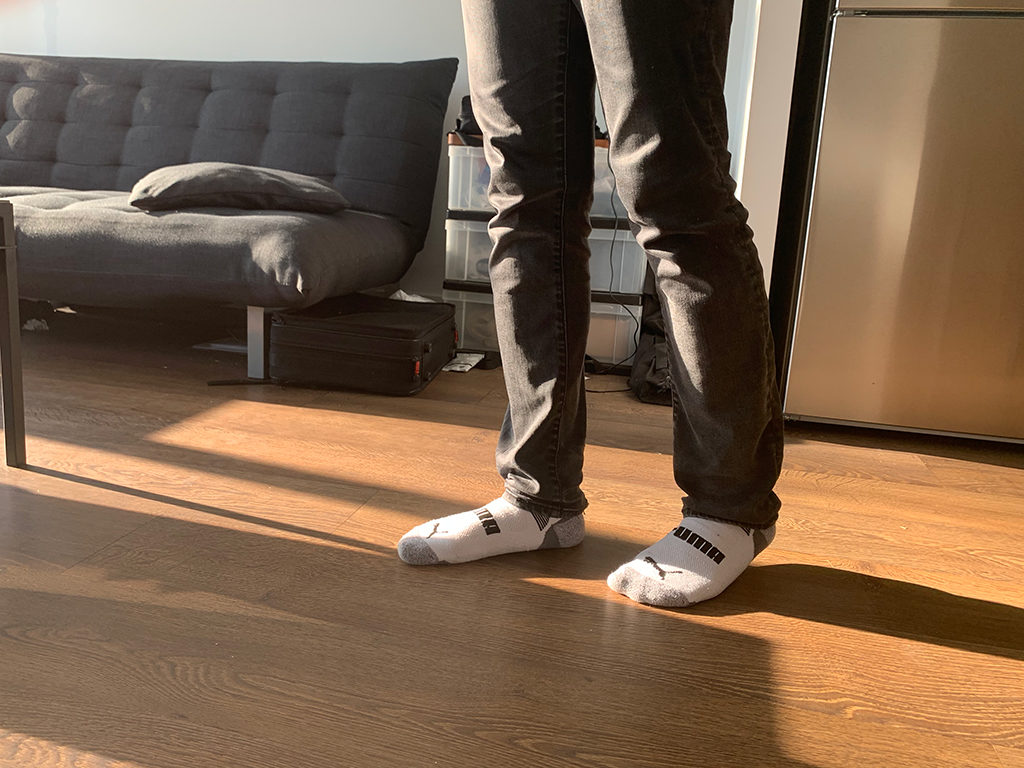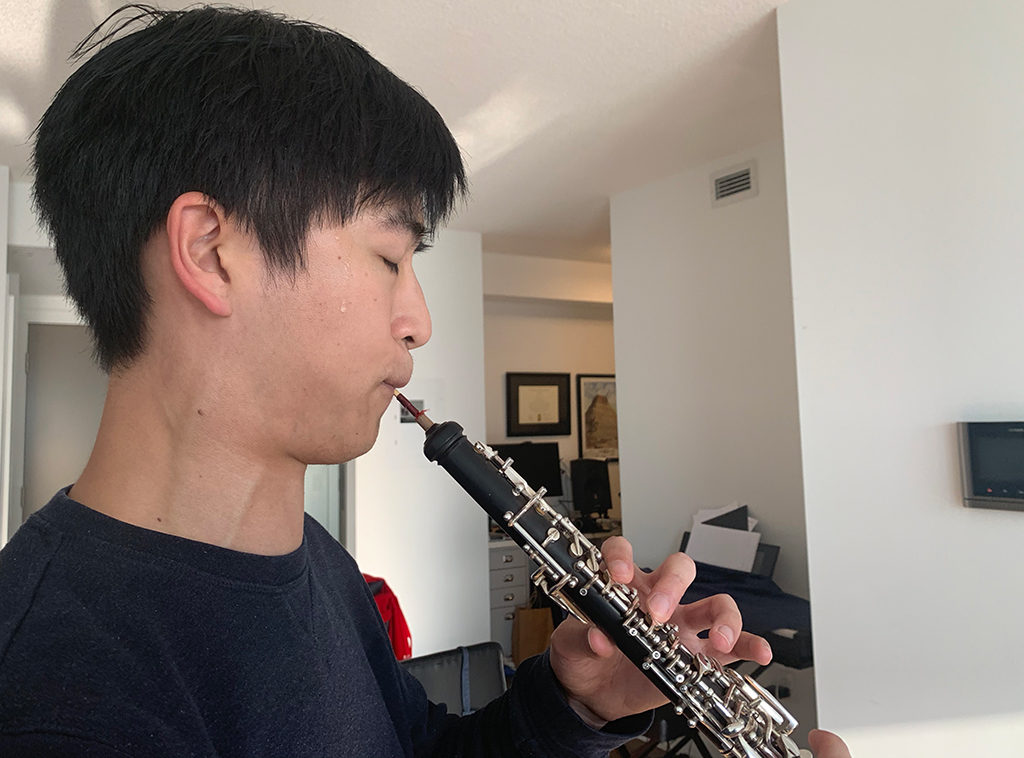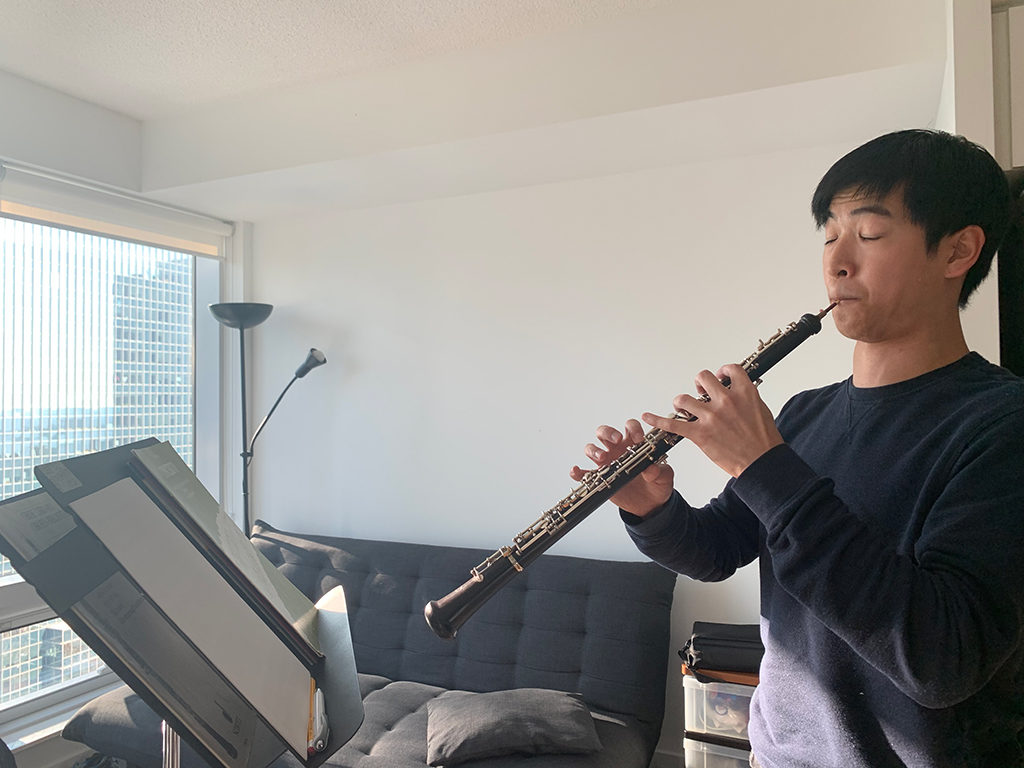By Stacey Nguyen
As Hugo Lee walked out onto the stage, he was met with a black screen that separated him from his listeners. His footsteps were muted against the carpet which led him to where he’d be performing. Even as he started playing, the audience with trained ears didn’t want to know who was performing in front of them. For Lee, the next few moments would decide if his years of training would pay off. It wasn’t a typical job interview where HR asks you about your strengths and weaknesses. It was a tryout where the job is offered solely based on each sound, rhythm, and expression you make.
“Out of hundreds of people showing up to these auditions, you can’t just be in the top few. You have to be the one,” says Audrey Good, who also once auditioned for the orchestra.
“Oh my gosh, even if I am really good at this, is there going to be space for me in this world?”
“As I grew into early adulthood, I started to kind of freak out, like, ‘oh my gosh, even if I am really good at this, is there going to be space for me in this world?’” she says about her passion. This question has and will continue to deter young musicians from pursuing a career in the arts. But despite the fear of a future lacking security and stability, Lee’s and Good’s passion for music triumphed.
Today at the Roy Thomson Hall, Good and Lee share the stage with other renowned performers of the Toronto Symphony Orchestra (TSO), founded in 1922. Tirelessly blowing into their mouthpieces and plucking on their strings, the orchestra is made up of about 90 musicians who support each other, through the layers of a piece, to meet one goal: to create good music.
“I think in sports, often there is a winner and a loser, but you don’t have that in classical music. Everybody just wants to make a good performance together. To share that with your closest friends… there’s nothing that matches that,” says Lee.
Long before she began performing around the world with the TSO, Good had a profound experience as a child. She recalls a sound that began quietly and grew into a slow crescendo as the Wolf Theme was introduced, and the big, bad wolf emerged from the woods in Sergei Prokofiev’s Peter and Wolf . The dark, rich, menacing sound, symbolizing the wolf, mesmerized Good, as she talked about her nine-year-old self listening to the children’s symphony during a school trip. A trio of French horns sang the piece.
“That was my first taste of music. I will never forget it,” says Good.
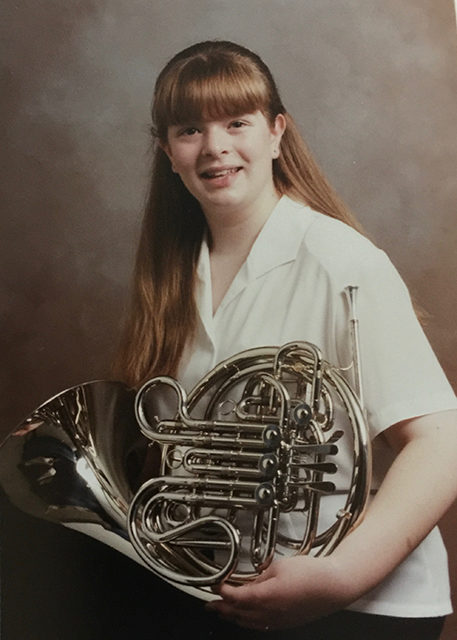
On her 10th birthday, after months of begging and making horrible noises with her make-shift horn, which she created by wrapping her mother’s dishwashing hose around her body, Good’s parents finally took her to their local music store. “I remember they pulled out several different models, with different levels of abuse from their previous owners. The first one they showed me was really banged up and just hardly in a workable condition, but I was like ‘yeah that’s fine. Let’s just get this going. Let’s get it.’”
The following adolescent and adult years of her life became the chapter that moulded the timid, young, French horn player, who could barely look people in the eye, into a second horn performer for the TSO. Her love and talent for the horn continued to grow thanks to the three teachers throughout her life, one of whom was William VerMeulen, her final mentor at Rice University.
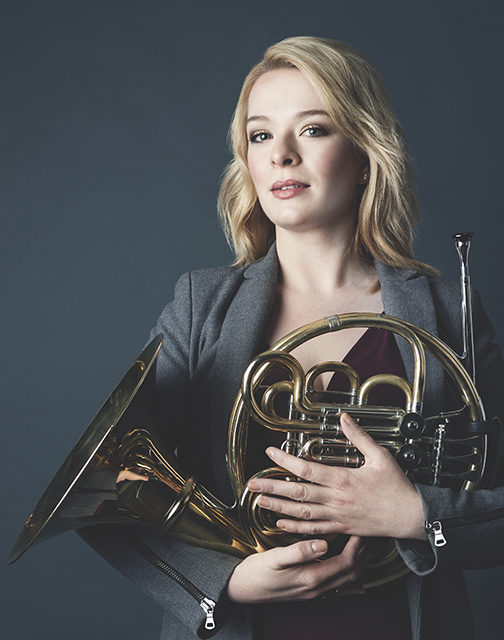
VerMeulen undoubtedly refined Good’s technique and audition strategies. However, as Good doubted whether she could succeed, he most importantly worked on the mental components of being a performer. “He would make me stand in a mirror in his office and scream at myself, ‘I can do this. I can do this.’ again and again.” Despite being completely mortified by this, the lesson of belief and trust in herself sealed her success.
“He was my final teacher, but he was maybe the one without whom I would never have made it to that next level.”
Raised in Richmond Hill, Ontario, Lee, is another example that students in the Greater Toronto Area can succeed in the arts. Lee began playing the oboe at 10-years-old. He says similarly to the way a wand chooses its wizard in Harry Potter, the Oboe chose him.
Before joining the TSO, 14-year-old Lee played for the Toronto Youth Orchestra, an affiliated orchestra for musicians 22-years-old and under. Walking into his first rehearsal, the terrified young musician sat in front of the world-class trombone performer, Alain Trudel.
“Let’s start with the second movement,” said Trudel.
At the quick motion of the downbeat, the orchestra began the frenzied scherzo. “Buppa buppa buppa buppa buppa buppa buppa dadadada. It was just the fastest thing that I’ve ever done and I was completely hooked at that point,” Lee says, twiddling his fingers to the beat of the piece.
“The rehearsals were so fast, so stable. I was just learning so much at 100 miles an hour. I was surrounded by so many really bright students.”
After graduating from Unionville High school in Markham, Ontario and becoming an alumnus of their arts program, the musician went on to study at one of the most recognized performing arts institutions in the world: Julliard.
Being in a demanding environment, dedicated to your art, can wear away at anyone’s mental health. From his oboe-focus classes to taking part in workshops outside of school to scraping away at tiny pieces of wood to create the perfect reed for his instrument, Lee admits that he neglected to take care of his mental health, “I think I drove myself mad at Juilliard searching for perfection.”
Despite this, Lee says that the community at the school, with individuals who shared the same passion as him, made Juilliard “one of the most inspiring places to be.” He says, “even when that madness was starting to wear away at my mental health and my relationships with other people, the fact that people were patient with me all that time… I’m still incredibly grateful.”
To all the aspiring musicians, performers or those considering a career in the arts, Lee and Good’s advice is to put your all into your goal. “The most important thing is to give it a really good try, and remember that there are no wasted lessons,” says Lee.
“Find the right people to help shepherd you along the path until you get your footing. Don’t shy away from it and don’t commit 75 per cent. Even 95 per cent is not enough,” Good says firmly.
“Just for a period of time, you have to really leave yourself no other options for it not to work.”

